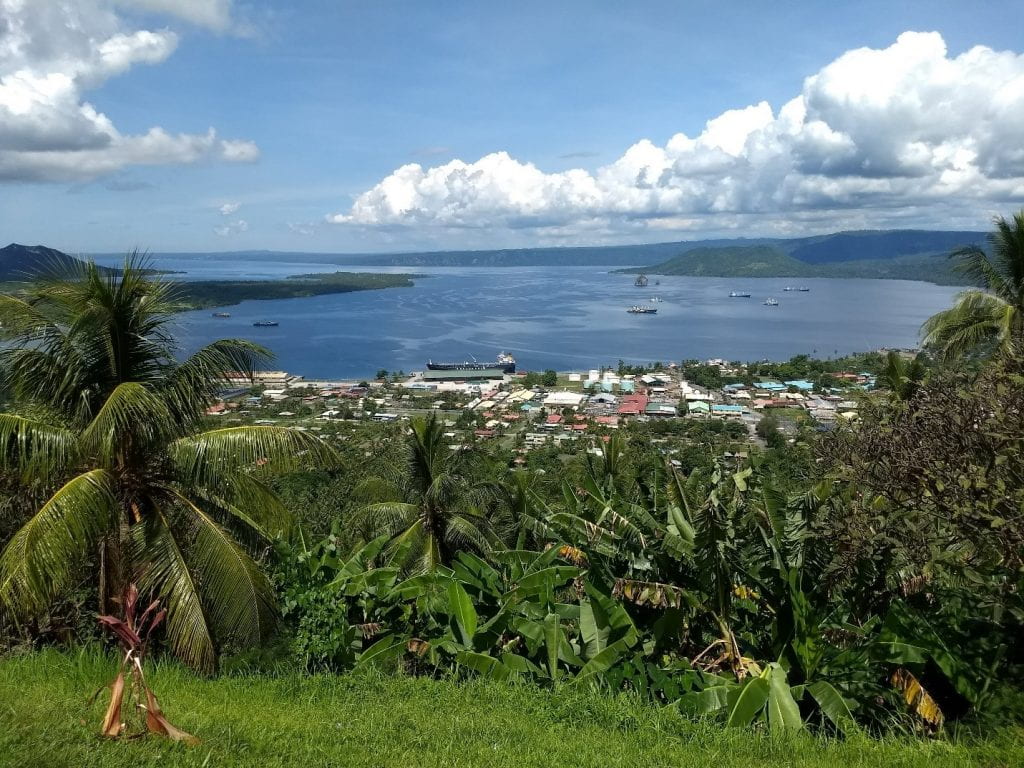The DOLF project has received a 2.4 million dollar grant to support studies to assess the impact of an IDA implementation program in East New Britain province, Papua New Guinea (PNG) from the Bill & Melinda Gates Foundation . Prior DOLF studies have demonstrated the safety and efficacy of the “IDA” three-drug combination drug therapy for treatment of lymphatic filariasis (LF). Results of previous studies have changed international policy for mass drug administration programs that target LF.
Lymphatic filariasis is a major neglected tropical disease caused by parasitic worms and transmitted by mosquitoes. Pilot projects are currently being conducted in several countries to promote adoption of this new treatment in national health programs. The importance of countries rolling out IDA in the mass drug administration projects cannot be overstated; this combination of drugs has the potential to accelerate elimination of LF in many countries.
The newly funded DOLF studies in East New Britain province, which has high LF infection rates and a population of approximately 400,000, will be coordinated with activities of the government’s National Department of Health. Health officials in the province will have operational responsibility for the drug distribution program, which aims to deliver the drug to all residents in the area who are over the age of four. The program will provide a single dose of the three medications each year for two consecutive years.
The new grant will support operational research and monitoring and evaluation activities led by DOLF researchers at Case-Western Reserve University in Cleveland, Ohio; Bruyére Institute in Ottawa, Canada; and colleagues at the Papua New Guinea Institute for Medical Research. Results from the studies included in this grant should provide important lessons on IDA impact and stopping decision criteria for Papua New Guinea’s national filariasis elimination program and for similar programs in more than 50 other countries that together are working toward global elimination of this disease.
The studies aim to assess the impact of MDA with surveys in 35 sentinel sites in the province and help identify what factors could determine stopping decision criteria globally. These surveys will determine drug coverage rates and filarial infection rates in humans. Xenomonitoring, an analysis of mosquitos, will be conducted to understand the impact of the treatment on filarial infection rates in mosquitoes, the vector for LF. The project will also fund a mixed methods assessment of the acceptability of the mass treatment program for people in the province.
